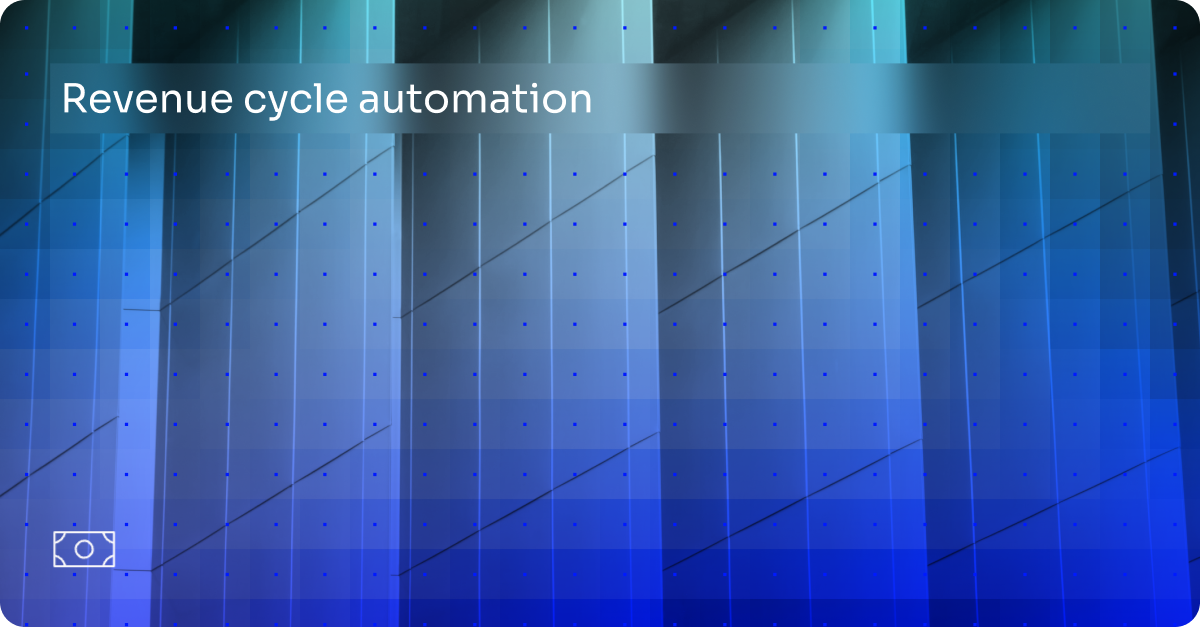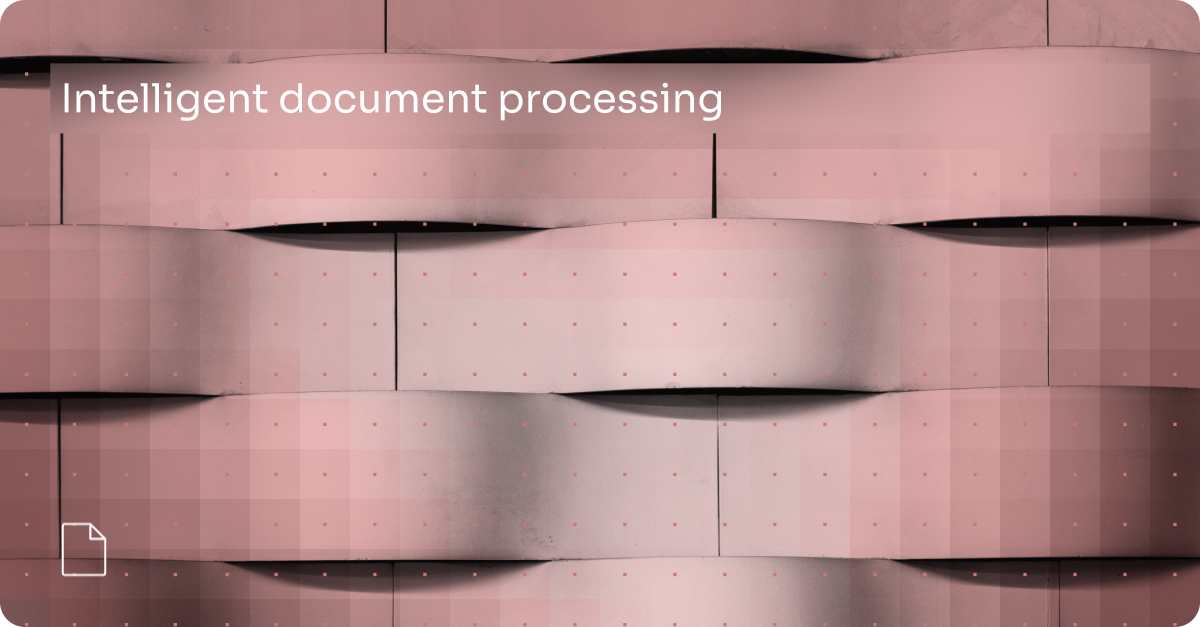Healthcare administrative costs surged 50 percent in 2022, hitting $82.7 billion. While technology vendors pitch endless "AI solutions," one emerging category - AI Agents - delivers real results. The Medical University of South Carolina deployed these digital workers to reclaim 5,000+ hours of clinical staff time monthly. But what exactly are AI Agents, and why are they different from traditional automation?
Why now: The 2024 breakthrough and strategic imperative
In 2022, ChatGPT showcased AI's ability to engage in conversation. But in 2024, a fundamentally different breakthrough emerged: AI models designed specifically to be reliable digital workers. Think of it this way: Previous automation was like giving a computer a rigid script to follow. Today's AI Agents are like giving a computer the ability to read and understand operation manuals - and then adapt those instructions to handle real-world situations.
The convergence of three factors makes this breakthrough particularly relevant for healthcare executives:
1. Technical capability: New AI models can now:
- Process complex medical information with human-like understanding
- Navigate multiple healthcare systems without breaking
- Self-correct and improve their performance over time
- Scale from simple tasks to complex workflows
2. Workforce crisis: With staffing shortages at critical levels, AI Agents offer a scalable solution for administrative tasks.
3. Financial pressure: As costs continue to rise, AI Agents provide a path to operational efficiency without sacrificing quality. Early adopters already see significant operational improvements, widening the gap between leaders and laggards.
Beyond basic automation: Understanding AI Agents
Think of AI Agents as digital workers who can think, learn, and adapt—not just follow pre-programmed rules. Traditional automation is like an assembly line robot - efficient but inflexible. AI Agents function more like trained staff members:
- They understand the "why" behind tasks, not just the "what"
- They can handle unexpected situations and exceptions
- They coordinate across departments and systems
- They maintain performance 24/7 without fatigue
- They multiply capacity instantly and work in any language, eliminating both staffing and language barriers
The key difference? While traditional automation breaks when processes change, AI Agents adapt - just like the best employees would.
Real-world impact in healthcare operations
Administrative task management
Healthcare providers spend up to 50 percent of their time on paperwork instead of patients. AI Agents are changing this equation:
- Pre-visit Planning: Agents review charts, identify care gaps, and prepare relevant documentation before patient visits
- Insurance and Authorization: Manage prior authorizations, verify coverage, and handle routine billing inquiries
- Clinical Documentation: Extract relevant information from patient interactions and update records accordingly
One provider noted after implementing Notable's AI Agents: "Now when that provider comes in, they have all the data documented in their note, so all they have to do is have that heart-to-heart conversation with the patient."
Financial operations
AI Agents are revolutionizing revenue cycle management by:
- Processing claims and identifying potential denials before submission
- Managing payment collection and follow-up
- Identifying coding opportunities and compliance risks
- Accelerating authorization processes
Notable's platform demonstrates this impact by capturing data from multiple sources and analyzing patient interactions to provide actionable insights without manual input from healthcare teams. This data-driven approach empowers providers to make informed decisions faster, ultimately enhancing financial performance and quality of care.
Clinical Staff Impact
Beyond cost savings, AI Agents are addressing burnout by:
- Reducing the administrative burden on clinical staff
- Ensuring complete documentation without physician overtime
- Managing routine patient communications
- Streamlining referral processes
Real patient feedback highlights the real-world impact:
"I was able to schedule my appointment at midnight, that was AWESOME...!!!!!"
"The reminder was great. I didn't realize it's been two years since my mammogram."
"I was able to schedule my appointment without making calls myself. I love that!"
Implementation Considerations & Future Outlook
Getting Started
1. Assessment: Identify high-volume, rule-based processes that consume significant staff time
2. Pilot Program: Start with a focused use case to demonstrate value
3. Scaling: Expand to additional workflows based on proven ROI
Risk Mitigation
- Choose vendors with healthcare-specific experience
- Ensure HIPAA compliance and security protocols
- Start with non-clinical workflows to build confidence
- Monitor and measure the impact on staff and patient satisfaction
AI Agents represent more than just another technology solution - they're a fundamental shift in how healthcare administrative work gets done. Leading health systems are already using them to reduce costs, improve satisfaction, enhance patient experience, and scale operations efficiently. The question isn't whether AI Agents will transform healthcare operations— it's whether your organization will be at the forefront of this transformation or playing catch-up.










